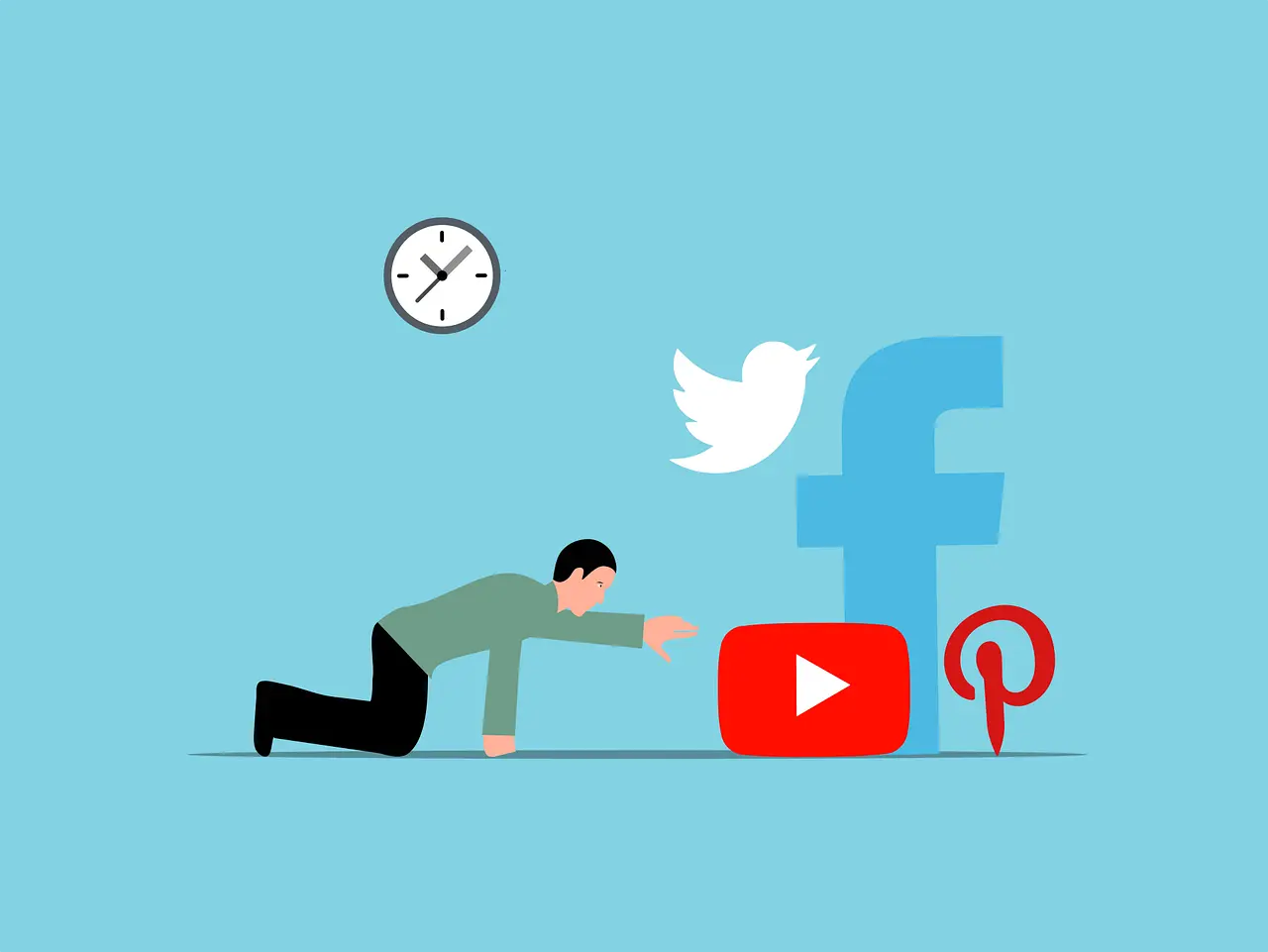
Social Media addiction
This page may contain affiliate links. If you choose to purchase after clicking a link, I may receive a commission at no extra cost to you.
Social media addiction is a type of behavioural addiction that involves excessive and compulsive use of social media platforms, such as Facebook, Instagram, Twitter and TikTok. It can have negative effects on one’s physical, mental and social well-being, as well as interfere with other aspects of life, such as work, school and relationships.
According to addiction expert Dr Anna Lembke, social media addiction is driven by the neurotransmitter dopamine, which is associated with pleasure and reward. Whenever we use social media, we get a dopamine boost from the likes, comments, shares and other forms of feedback we receive. This makes us want to repeat the behaviour and seek more stimulation. However, this also creates a tolerance effect, meaning that we need more and more dopamine to feel the same level of satisfaction. As a result, we may spend more time and energy on social media than on other activities that are more meaningful and fulfilling.
Some of the signs of social media addiction are:
- Spending several hours a day on social media, often at the expense of other priorities or responsibilities
- Feeling anxious, restless or irritable when unable to access social media or when receiving negative feedback
- Using social media as a way to cope with stress, boredom, loneliness or other negative emotions
- Neglecting personal hygiene, health, sleep or nutrition due to social media use
- Experiencing withdrawal symptoms, such as mood swings, cravings or physical discomfort, when not using social media
- Having difficulties in maintaining offline relationships or social interactions due to social media use
- Losing interest in hobbies or activities that used to bring joy or satisfaction
- Lying about or hiding the extent of social media use from others
- Feeling guilty or ashamed about social media use but being unable to stop or reduce it²³
Social media addiction can have serious consequences for one’s well-being and functioning.
Possible effects of Social Media addiction are:
- Reduced self-esteem and self-confidence due to comparison with others or exposure to unrealistic standards of beauty, success or happiness
- Increased risk of depression, anxiety, loneliness or isolation due to lack of genuine connection or support
- Impaired attention span, memory or concentration due to constant distraction or multitasking
- Reduced productivity or performance at work or school due to procrastination or poor time management
- Increased exposure to cyberbullying, harassment, misinformation or harmful content that can affect one’s mental health or safety
- Reduced physical activity or exercise due to sedentary lifestyle
- Increased risk of obesity, diabetes, cardiovascular disease or other health problems due to poor diet or sleep habits⁴
Fortunately, there are ways to overcome social media addiction and regain control over one’s life.
Strategies to overcome Social Media addiction:
- Setting realistic and specific goals for reducing social media use, such as limiting the time spent per day or per session, turning off notifications or deleting unnecessary apps
- Tracking and monitoring one’s social media use and progress using apps or tools that can provide feedback or reminders
- Seeking professional help from a therapist, counsellor or support group if social media addiction is causing significant distress or impairment
- Finding alternative sources of pleasure and reward that are more healthy and satisfying, such as hobbies, sports, arts, music or volunteering
- Developing coping skills for managing stress, boredom, loneliness or other negative emotions without relying on social media
- Strengthening offline relationships and social interactions by spending quality time with family, friends or other people who share similar interests or values
- Practicing mindfulness and gratitude for the present moment and the positive aspects of one’s life¹²³
In conclusion, social media addiction is a serious problem that can affect anyone who uses social media excessively and compulsively. It can have negative impacts on one’s physical, mental and social well-being, as well as interfere with other aspects of life.
However, it is possible to overcome social media addiction by recognizing the signs and symptoms, seeking help if needed and adopting healthier habits and behaviours. By doing so, one can enjoy the benefits of social media without becoming addicted to it.
Sources:
(1) Social Media Addiction: What It Is and What to Do About It – Healthline.
(2) Constant craving: How digital media turned us all into dopamine addicts.
(3) Social media addiction: What it is, signs and what to do – Netdoctor
(4) Social media addiction: Recognizing the signs and how to beat it – Medical News Today.
If you want to help someone who is addicted to social media, you can try the following steps:
- Express your concern and support: Let them know that you care about them and that you are worried about their social media use. Avoid being judgmental or critical, as this may make them defensive or angry. Instead, focus on how their social media addiction is affecting their well-being and happiness, and how you want to help them overcome it.
- Encourage them to seek professional help: Social media addiction can be a serious mental health issue that may require professional intervention. Suggest that they talk to a therapist, counsellor or support group who can help them understand and address the underlying causes of their addiction, as well as provide them with coping skills and strategies to reduce their social media use. You can offer to accompany them or help them find suitable resources if they are reluctant or unsure.
- Help them set realistic and specific goals: One way to break social media addiction is to gradually reduce the time and frequency of social media use. You can help your friend or loved one set realistic and specific goals for cutting down on their social media use, such as limiting the time spent per day or per session, turning off notifications or deleting unnecessary apps. You can also help them track and monitor their progress and celebrate their achievements.
- Provide alternative sources of pleasure and reward: Social media addiction can be fueled by the need for attention, validation, stimulation or distraction. You can help your friend or loved one find alternative sources of pleasure and reward that are more healthy and satisfying, such as hobbies, sports, arts, music or volunteering. You can also invite them to join you in these activities or suggest other ways to have fun without social media.
- Strengthen offline relationships and social interactions: Social media addiction can lead to isolation, loneliness and poor communication skills. You can help your friend or loved one strengthen their offline relationships and social interactions by spending quality time with them, listening to them, showing interest in their lives, expressing appreciation and affection, and providing emotional support. You can also encourage them to reconnect with other family members, friends or people who share similar interests or values.
Sources:
(1) Social Media and Mental Health – HelpGuide.org.
(2) Social Media and Mental Health | Tips and Advice | YoungMinds.
(3) How To Help A Friend Quit Their Social Media Addiction – Open.co.
(4) Social Media Addiction: 11 Signs, Causes, Tips To Break It – Mindhelp.
(5) Solving Social Media Addiction: A Complete Guide to Recovery.


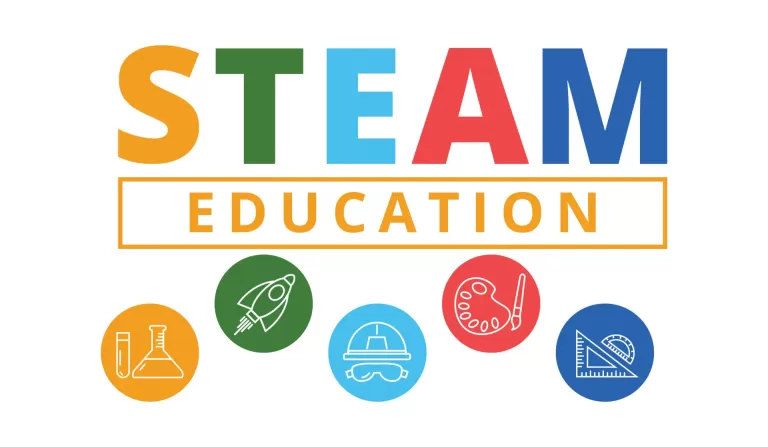
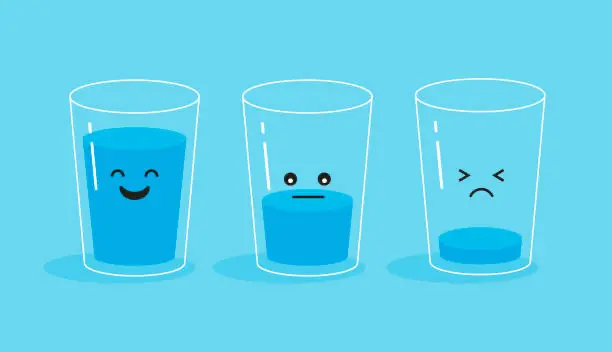
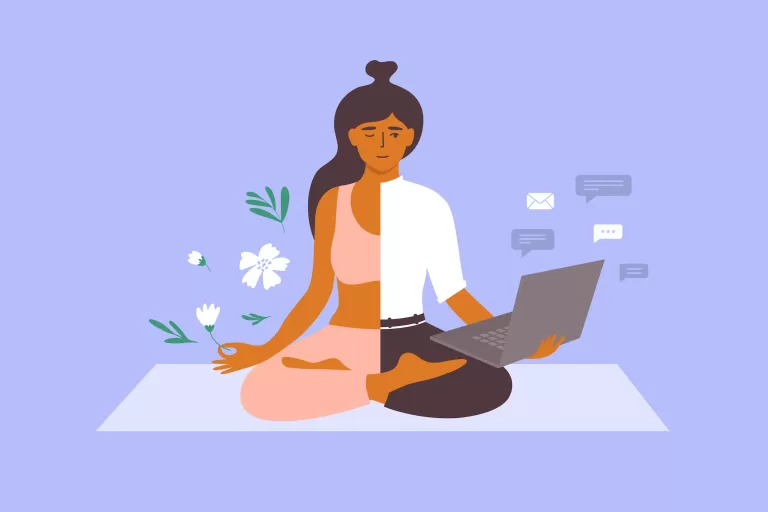
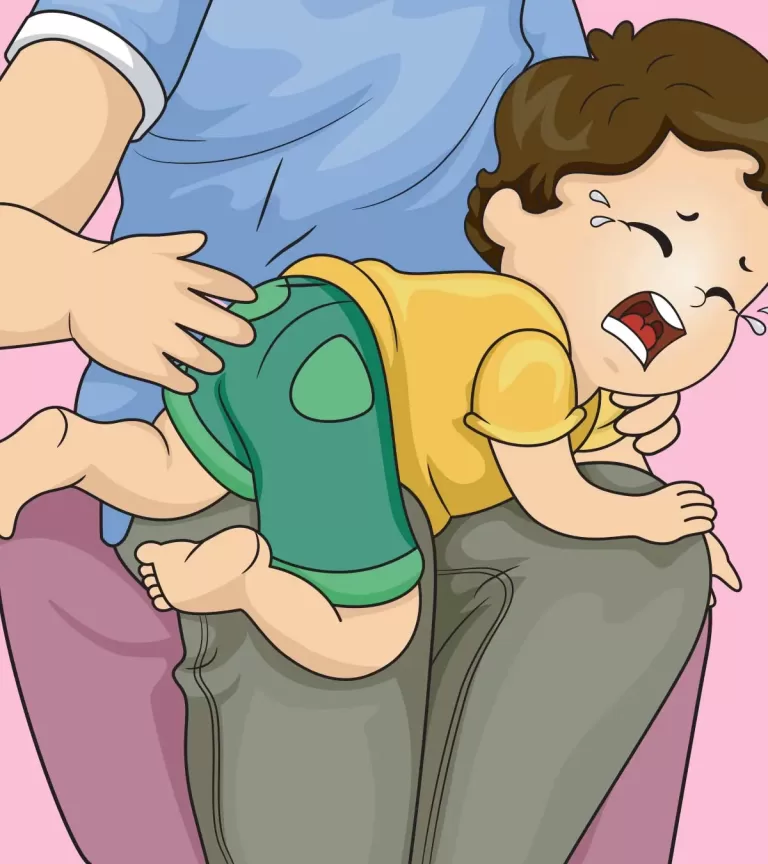

Leave a Comment